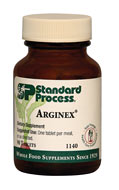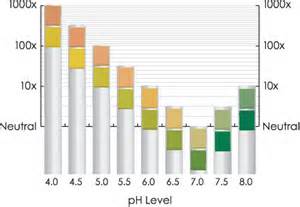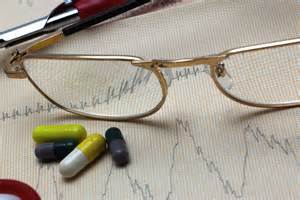Chronic Kidney Disease
and Osteoporosis
and Osteoporosis
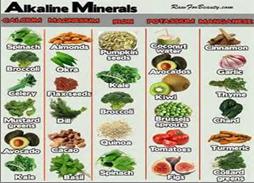
Your body needs raw materials: vitamins, minerals, enzymes, and phytonutrients all the time to exist, function, regenerate and repair itself. Essential nutrients are needed on an ongoing basis to make bone. Like a generous bank, your bones store large amounts of the raw materials the body needs on a daily basis and release these minerals when the body needs them. There are the following raw materials that make up bone:
- Vitamins: Vitamin A, Vitamin B, Vitamin C, Vitamin D, Vitamin E, Vitamin F (Essential Fatty Acids), and Vitamin K.
- Minerals: Boron, Calcium, Chromium, Iodine, Natural Fluoride, Magnesium, Phosphorus, Silica and Zinc.
- Protein in adequate amount
stored in bones:
- Calcium (in bones & teeth) 99% +
- Phosphorus 85%
- Magnesium 53%
- Zinc (in bone and muscle) 90%
- Copper 30%
- Strontium (in bones & teeth) 99%
If our bones didn’t keep a reserve of these minerals, we would have to eat an exact amount of each mineral daily — or even hourly — to make sure our cells could carry out their necessary reactions. We would also have difficult time maintaining the proper pH in our blood.
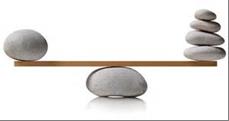
Just as the body requires balanced levels of calcium in the blood, we must also maintain a slightly basic (or alkaline) pH in the blood in order to carry out cellular functions. Unfortunately, our modern American diet sets many of us up for chronic low-grade acidosis, meaning the blood is slightly more acidic than it should be. This happens largely because of the acid-forming foods we consume on a regular basis, such as meat, white flour, sugar, and dairy products. And this imbalance increases risks for osteoporosis, heart disease, diabetes, kidney disease and more.
The amazing thing is that bone can balance the pH of the blood by moving minerals into blood and alkalizing compounds attached to the minerals. When the blood tilts away from its ideal slightly alkaline state, due to acid-forming foods or otherwise, a message is sent to bone to release alkalizing compounds and re-establish pH balance in the blood.
Bone will always give to help other systems at its own expense. Unfortunately, problems arise when too much of the bone is depleted to compensate for other inadequacies in the body. When bone is regularly drawn upon it eventually weakens, and the rest of the body suffers. Needless, low trauma fractures are an obvious outcome of low mineral reserves. But unfortunately there are further implications. As I mentioned above, our bone health influences just about every system in the body, and when the bones remain healthy, the rest of the body often follows suit.
you we’ll learn about:
- What role calcium, phosphorus, magnesium, vitamin D, vitamin K and other chemicals play the body
- What is link between chronic kidney disease and osteoporosis
- What hormone weak kidney fails produce


